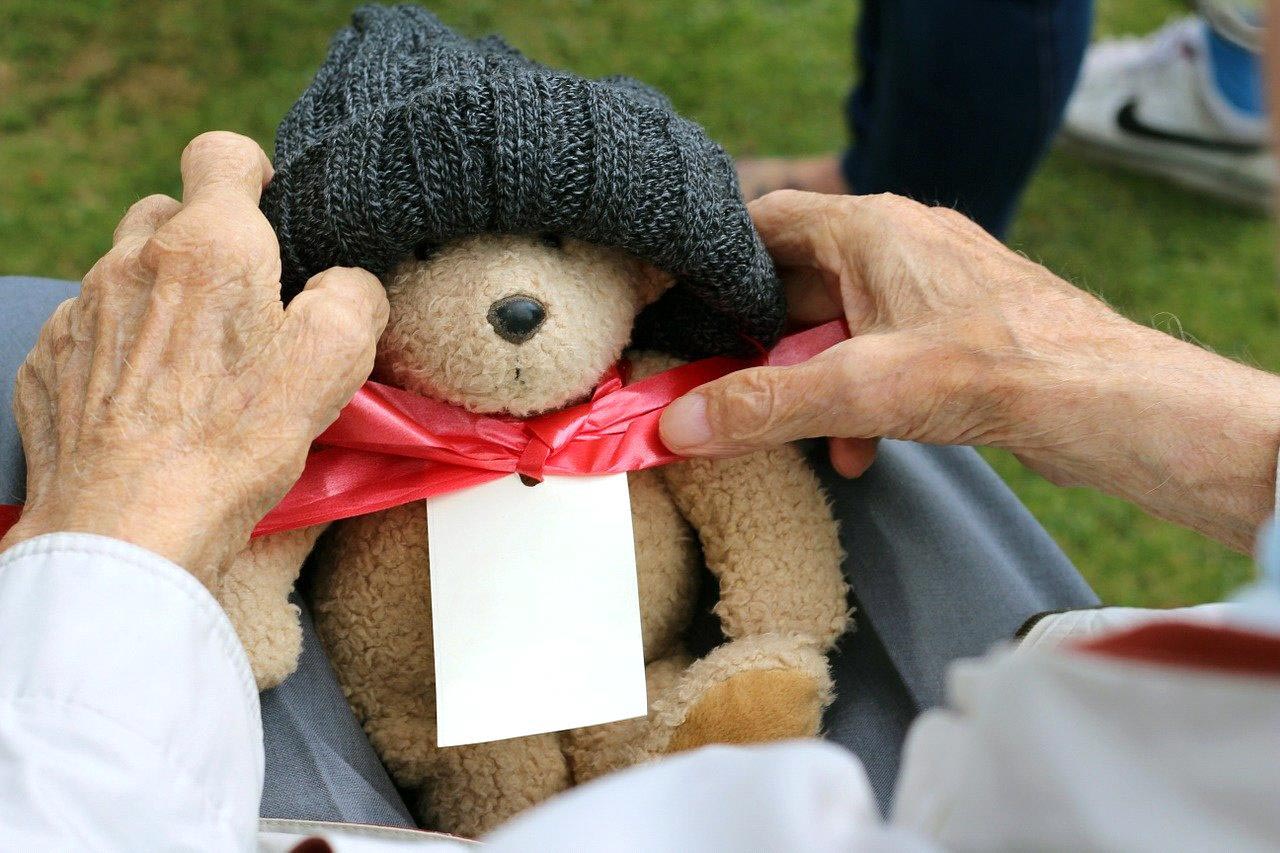A Coronavirus outbreak in a Seattle nursing home soon became known as ground zero for the area, and was connected to multiple Washington deaths. As a result, the Centers for Disease Control (CDC) urged nursing homes across the nation to restrict visits and soon after, care facilities closed completely to outside traffic.
Our elderly population is more vulnerable when exposed to any type of infection. Local and federal regulators closed nursing homes to protect those most susceptible to the virus and the most likely to experience complications. However, isolation also might have left your loved ones at greater risk of nursing home abuse.
Disease Spread in Assisted Living Facilities
Coronavirus and other types of infection spread primarily when an infected person expels water droplets from the body that contain the bacteria or virus. Those droplets might land on another person, or on surfaces that are frequently touched. They’re either inhaled or re-deposited on a new victim’s eyes, mouth or nose as they touch their face.
In most assisted living facilities, residents share common spaces and live close together. With many types of illness, people can be infectious before they have symptoms, so they mingle with others and spread disease.
Tough Times for Nursing Home Patients
In the nursing homes where infection exists, that virus most likely originated with a visiting family member or nursing home employee who didn’t yet know the danger. In response, nursing homes took steps like these to protect residents:
- Limiting visitations
- Discouraging visitors even in areas without community spread
- Monitoring mail carriers, vendors and other staff
- Encouraging family members to communicate electronically instead of in person
- Limiting physical contact between residents
- Closely monitoring worker health and sending home staff with signs of infection
Many nursing home and assisted care facility residents were lonely and isolated before this started. The measures that protect them now from infection also increase their risk of anxiety and depression. But that’s not the only risk that has grown.
Increased Challenge Means Increased Risk
Most nursing home staff and administrators do their very best every day to meet the needs of our aging population, but they’re under extreme budget constraints and regulatory pressure in the best of times. Recent events create an environment where nursing home abuse is more likely. If your loved one is in an assisted care facility, consider the following:
- Healthcare workers know every time they interact with another human being, they’re at greater risk of infection. Each contact is a possible exposure. It’s human nature to try and minimize contact. But your loved one needs their care to stay healthy.
- Employees are more likely to stay home because they fear getting sick. That means existing staff have a heavier load. Neglect is more likely.
- No visitors and fewer workers means less supervision. If other residents or staff members tend toward abuse and neglect, they will feel more likely to get away with it during this time.
What You Can Do
In order to protect your loved ones from infection you can’t visit, and that’s a good thing. One nursing home administrator told CNN COVID-19 is “a perfect killing machine,” since residents are elderly and almost all have underlying medical conditions. Depending on where you live, restrictions might continue for quite some time, but you can still keep an eye on what’s happening.
Use technology to keep in touch, and do it frequently. Use FaceTime or Skype if possible so you can see your loved one’s face. Watch their expressions and mannerisms to look for signs something has changed. If you can’t use video conferencing, make frequent phone calls. Ask specific questions about the care they’re receiving and listen to your gut when they answer. Don’t be afraid to dig.
Find out what your loved one’s nursing home or assisted living facility is doing to disinfect and protect residents. Talk to staff members about how you can get your loved ones any food, personal or medical items that are in short supply.
If you’re concerned your loved one is a victim of nursing home abuse, don’t wait to get them help. Schedule an online consultation to ask your questions and receive free legal advice.


